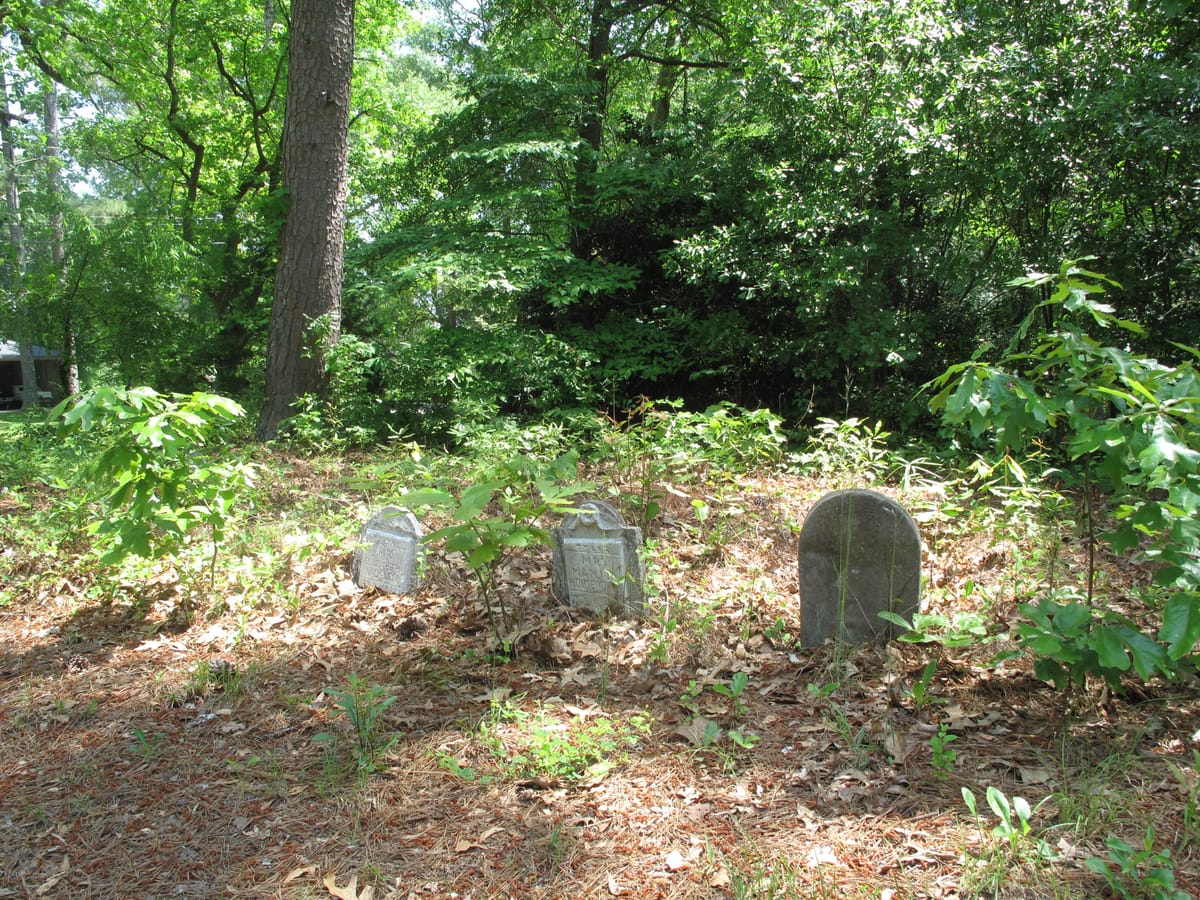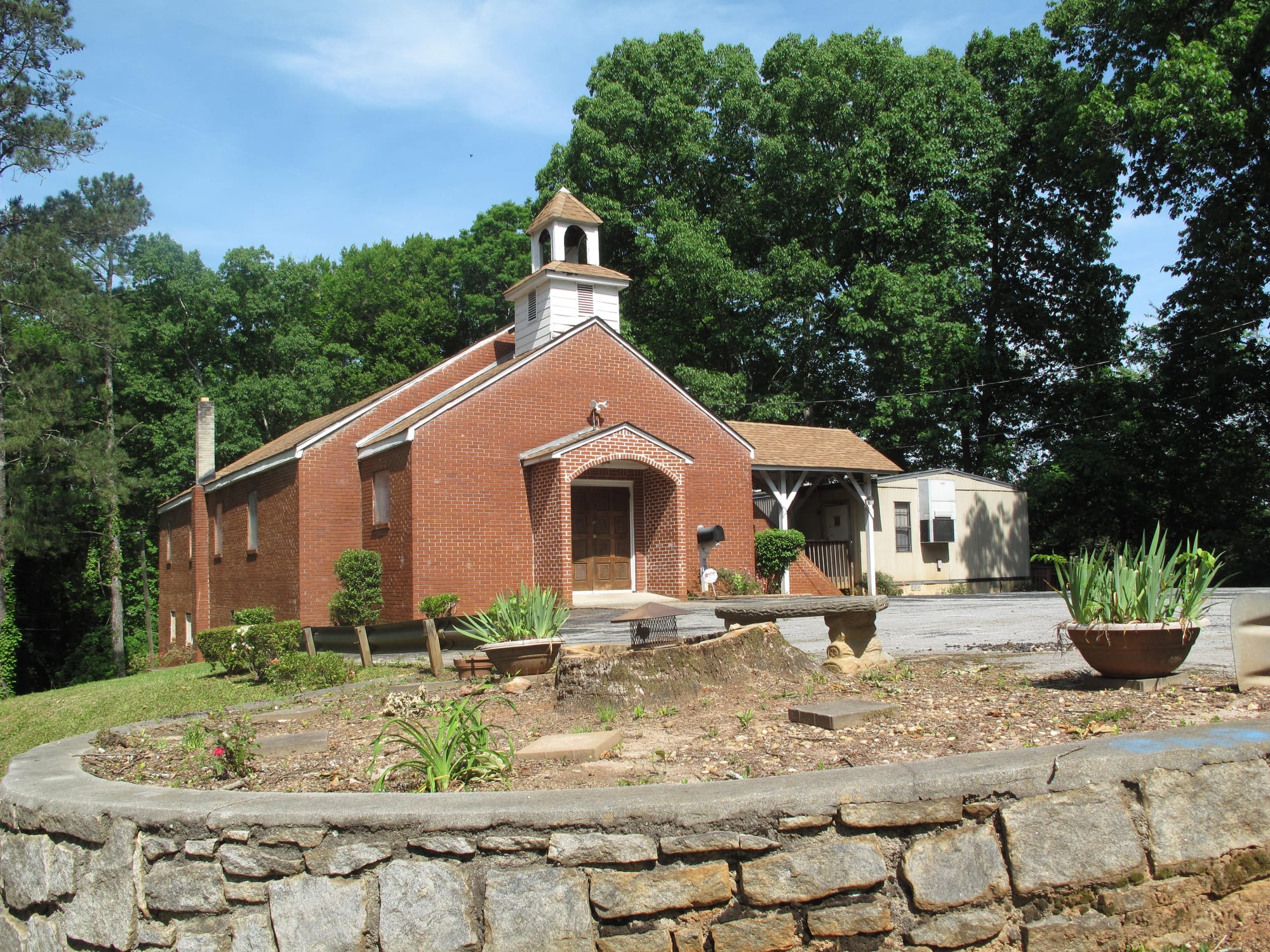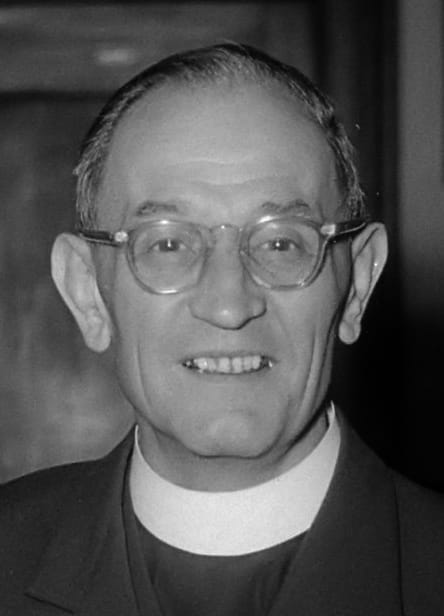Endangered history in DeKalb
Many black communities in DeKalb--some whose existence predates the county itself--are starting to take action to preserve historic places and knowledge that have gone unnoticed and neglected over time.

Local people often say that Atlanta is terrible about preserving its history - particularly the history of African-American lives and contributions.
This can be particularly true of suburban Atlanta. Where the city was the birthplace of historically black colleges Morehouse and Spelman, and played a key role in the Civil Rights movement, suburban counties were the landing sites of white flight - often overtly hostile to their black communities.
The City of Decatur, Georgia, for example, all but obliterated any evidence of its historically black neighborhoods when it redeveloped the Beacon Hill community in the 1960s and 1970s. Black residents were actually bused out farther in the county, the houses demolished, and the street grid torn up and renamed.
Fortunately, many black communities in DeKalb--some whose existence predates the county itself--are starting to take action to preserve historic places and knowledge that have gone unnoticed and neglected over time.

Beginning this month, visitors to the DeKalb History Center can take guided tours of the new exhibit "Deep Roots in DeKalb: The Flat Rock Story of Resilience." Guided by Johnny Waits, president and co-founder of The Flat Rock Archive and a lifelong resident of the community, which was founded by free black people in DeKalb County in the early 19th century.
I wrote about another such place–the Porter Road community--this week for Decaturish. Porter Road is named for Frank H. Porter, a formerly enslaved man who purchased 50 acres of land in central DeKalb from the heirs of a former plantation owner. Porter's descendants still live along the road that bears his (and their name). This community is also home to Mount Pleasant Baptist Church, founded in 1849, and the oldest church serving a primarily black congregation in DeKalb County.
Unfortunately, there are many other sites that are at risk of being lost, along with the history they relate. The Scottdale Mills cemetery---adjacent to the better known Washington Park Memorial Gardens---is one.
As is true almost everywhere, the sites that are important to the wealthy few are set aside and honored. But the small pieces of everyday life, the record of the lives of the people who were the sustenance and engines of a place get washed away by time. I hope that these communities will be the exceptions, and everyone will be able to know their stories of fortitude, work, and amazing resilience.



